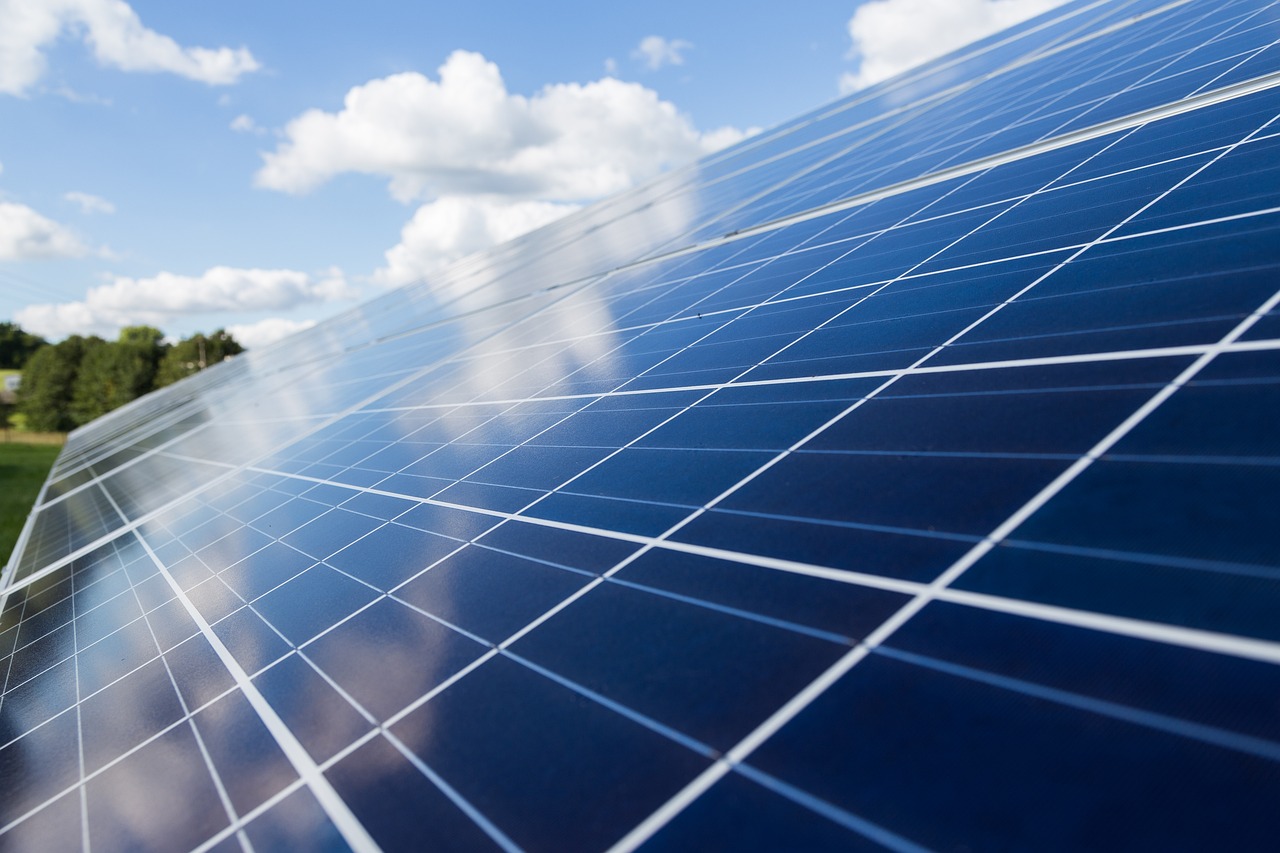We help the world since 2012

The Impact of Photovoltaic Power Modules on Advancing Solar Energy Systems
Photovoltaic Power Modules in Solar Energy Systems
As the world increasingly turns to renewable energy sources, solar power has emerged as a leading contender in the quest for sustainable energy. At the heart of any solar energy system are photovoltaic (PV) power modules, which are crucial for converting sunlight into usable electrical energy. This article explores the importance, functionality, and benefits of PV power modules in solar energy applications.
1. How Do Photovoltaic Power Modules Work?
- Conversion of Sunlight to Electricity
Photovoltaic power modules are composed of solar cells, typically made from silicon, that convert sunlight directly into electricity through the photovoltaic effect. When sunlight hits the solar cells, it excites electrons, generating a flow of electric current. This direct conversion process is what makes PV modules the cornerstone of solar energy systems. - Efficient Energy Harvesting
The efficiency of a photovoltaic power module determines how much of the sunlight is converted into usable electrical energy. Modern PV modules are designed to maximize energy harvesting, even under less-than-ideal conditions such as partial shading or cloudy weather. Advances in technology have led to the development of high-efficiency photovoltaic modules, which deliver greater power output in a smaller footprint.
2. What Are the Key Applications of Photovoltaic Power Modules in Solar Energy Systems?
- Residential Solar Panels
One of the most common applications of PV modules is in residential solar panel installations. These systems allow homeowners to generate their own electricity, reducing their reliance on the grid and lowering energy costs. Monocrystalline photovoltaic modules are often preferred for residential use due to their higher efficiency and aesthetic appeal. - Commercial and Industrial Solar Installations
In commercial and industrial settings, PV modules are used on a larger scale to power businesses, factories, and offices. Polycrystalline photovoltaic modules are commonly used in these installations because they offer a good balance between cost and efficiency. These systems not only provide energy savings but also contribute to corporate sustainability goals. - Utility-Scale Solar Farms
PV modules are also integral to utility-scale solar farms, which generate large amounts of electricity for distribution across the grid. These large installations often use a combination of thin-film photovoltaic modules and other advanced technologies to optimize land use and energy output. Utility-scale solar farms play a critical role in meeting the growing demand for clean energy.
3. What Are the Advantages of Using Photovoltaic Power Modules?
- Renewable and Sustainable Energy
One of the most significant advantages of using PV modules is that they harness renewable energy from the sun. This makes solar power a sustainable and inexhaustible energy source, crucial for reducing carbon emissions and combating climate change. - Low Operating Costs
Once installed, PV power modules require minimal maintenance and have low operating costs. Unlike conventional power generation methods, solar energy systems do not require fuel, which significantly reduces the long-term costs associated with energy production. - Energy Independence
By generating electricity on-site, PV modules provide energy independence to both homeowners and businesses. This reduces reliance on external energy suppliers and offers protection against fluctuating energy prices.
4. How Are Photovoltaic Power Modules Shaping the Future of Solar Energy?
- Advancements in Efficiency and Durability
Ongoing research and development in PV technology are leading to modules with higher efficiency and greater durability. Bifacial photovoltaic modules, which can capture sunlight from both sides, are an example of innovation that increases energy output without requiring additional space. - Integration with Smart Grids
The integration of PV modules with smart grid technology allows for more efficient energy management. Smart grids can balance energy supply and demand more effectively, ensuring that the electricity generated by solar panels is used most efficiently. This integration is key to the future of sustainable energy infrastructure. - Support for Off-Grid and Remote Applications
PV modules are also enabling off-grid and remote applications, providing electricity to areas without access to traditional power grids. This is particularly important in developing regions, where solar power can provide a reliable and sustainable source of electricity.
More sustainable in the future
Photovoltaic power modules are at the forefront of solar energy technology, driving the transition to a more sustainable and renewable energy future. From residential rooftops to large-scale solar farms, these modules are essential for converting sunlight into the clean energy that powers our world. As advancements in PV technology continue, the efficiency, reliability, and applicability of solar power will only grow, making it an even more integral part of the global energy landscape.




